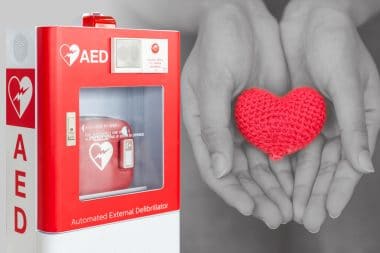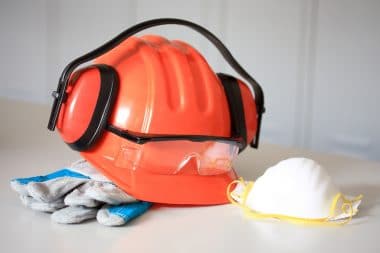A medical alert system is a device to alert loved ones when you’re in an emergency. It provides people near-and-dear to your heart with peace of mind as they know you’re never alone. One push of a button on the device will alert registered individuals if you need help. The device advises operators to contact the people you list down to notify them if you’re in danger.
If you’re looking for a medical alert device, here are four tips to help search the ideal model for you.
-
Consider the Location of the Patient
Medical alert systems come in different forms. The various models help patients in many ways, but specific models may offer better assistance when the patient is either at home or outside. Thus, consider the location of the patient when buying the medical device.
A home-based system will connect to a landline network. The patient or an at-home caregiver can press the call button on the device to contact a dispatcher. Then, the operator will contact a registered individual to the system, an ambulance from a medical facility, or both. You can check out the Medical Alert Buyer’s Guide for their review of the Bay Alarm Medical in-home system to check the appearance of the device.
Conversely, a mobile system works similarly to a home-based medical alert device. However, instead of connecting to a landline phone network, you install it with a cellular device. These individual models may incorporate GPS technology. So, if you’re the patient, your loved ones will always know your current location.
-
Consider Monitoring Features
Do you or the patient require constant monitoring? While medical alert systems may have 24/7 dispatch centers, users may have the option to choose a system that doesn’t require continuous supervision. These units have “Call” buttons that don’t contact the dispatch centers first. Instead, the call goes straight to the registered people in the programmed emergency call list.
For example, there are medical alert devices for Alzheimer’s patients. The patient can press the “Call” button on the system to contact a loved one for help. Also, the individual doesn’t need to memorize phone numbers as one push of the button will dial the number for them. Conversely, Alzheimer’s patients may also use this feature to contact loved ones for directions or instructions for specific tasks.
Still, monitored and non-monitored systems have a key difference regarding price. Monitored medical alert systems may carry a monthly fee for the monitoring service. Unmonitored services, on the other hand, don’t have these monthly subscription fees. Nonetheless, monitored systems may provide an extra layer of security to patients.
-
Consider Fall-Detection Features
Specific medical alert system manufacturers may offer devices with an automatic fall-detection feature. However, take note that it may come with an additional monthly charge. Still, it’s a good option for patients who may be at risk of falls.
This feature takes advantage of different onboard detection systems to check if the patient falls. The system might sound an alarm or call the dispatcher if the wearer loses balance momentarily. While it’s not as grave as a real fall, letting loved ones know about the incident is still an important matter. Medical professionals can also look into the captured data to give proper prognoses of certain illnesses.
In this regard, consider using a medical alert system for epilepsy. This neurological disorder may attack at any time and without warning. When the ailment strikes, the patient may be unable to have full control of their bodily functions. The medical alert device with a fall-detecting system can contact ambulance dispatchers or registered individuals in the system when the illness strikes.
-
Consider Other Features
Aside from the features already mentioned, you may also want your preferred medical alert system to contain extra functionalities. The unit may include:
- Waterproof shell
- Extended battery life
- Extended warranty
- Long signal range
Specific manufacturers may also include a risk-free trial period for patients who want to purchase their systems. It allows interested buyers to see if the model is right for the patient’s particular needs. This feature may also come with a money-back guarantee. Still, it depends on the producer of the medical alert system if the company wants to include these features.
The different medical alert models on the market may make it challenging for you to pick the right system. Think about your options before buying a specific unit as specific medical alert devices may cost more than others.








Reply